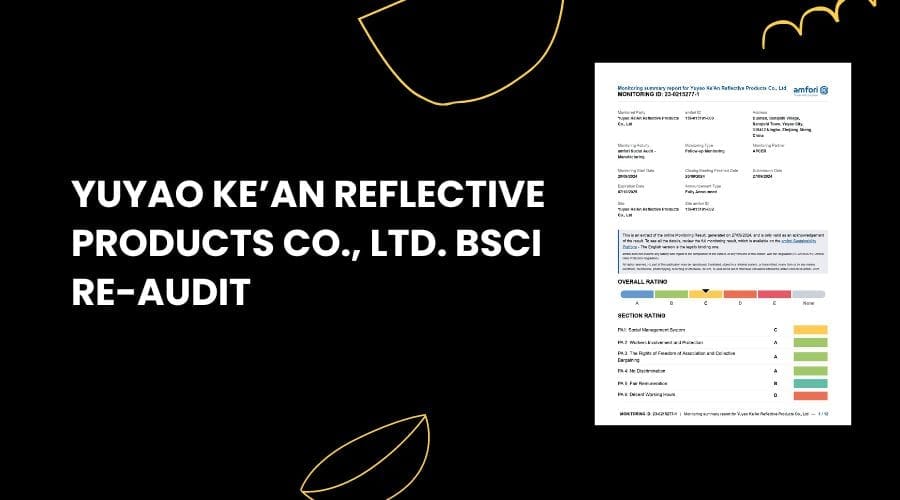Purpose
The Norwegian Parliament has decided that the so-called “Transparency Act” (In Norwegian:”Åpenhetsloven”) enters into force on July 1st, 2022.
The purpose is to promote companies’ respect for fundamental human rights and decent working conditions in connection with the production of goods and services and to ensure public access to information on how companies handle negative consequences on fundamental human rights and decent working conditions.
Anchored in several international obligations, such as the UN Guiding Principles on Business and Human Rights (UNGP) and the OECD Guidelines for Multinational Enterprises, as well as the UN’s sustainability goals, the Transparency Act aims to provide a common standard and further tighten the legal obligations for companies to comply with both the UNGP and the OECD’s Guidelines for Multinational Companies.
The Transparency Act is a part of a very interesting development, where obligations related to what historically has been considered “soft law” or obligations that “should” be fulfilled, now are further legalized for companies. In this context, it is also interesting to note that the European Commission is working on a new directive on sustainable corporate governance, which is also expected to enhance the liability of board members.
Main obligations:
Yolite shall carry out and publish due diligence assessments related to fundamental human rights and decent working conditions.
Through these due diligence assessments, we’ll get an overview of the consequences our business, supply chain, and business partners have on fundamental human rights and working conditions.
The assessments will be carried out regularly and will be carried out in accordance with the OECD’s guidelines for multinational companies.
IDÉ House of Brands will provide information at the request of the general public.
The general public (for example consumers and investors) is through the information duty ensured openness and insight into our work on compliance with fundamental human rights
and decent working conditions.
Control and enforcement:
The Norwegian Consumer Agency is given a duty to provide guidance and is the public body that shall supervise that the duties in the Transparency Act are complied with.
The Norwegian Consumer Agency is also given the authority to issue orders and prohibition decisions, as well as to impose coercive fines for non-compliance with orders/decisions, as well as to impose an infringement fee.











